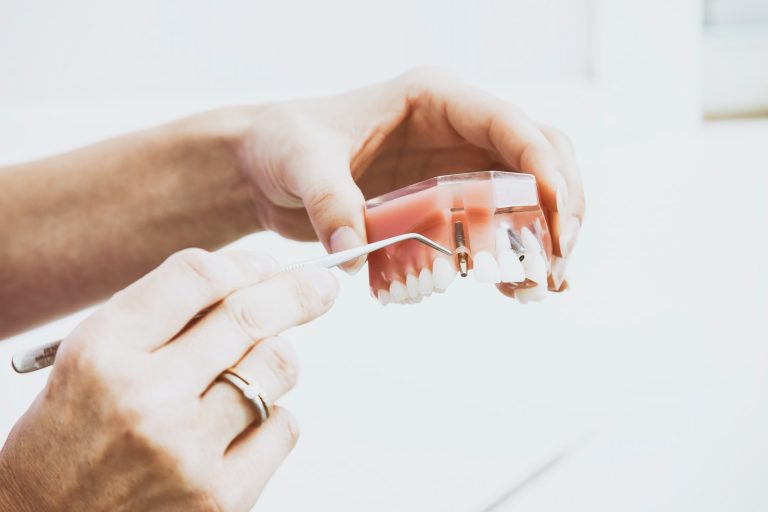
Your oral health is an essential aspect of your overall health and well-being. Understanding the different diseases and ailments affecting your mouth can help you watch for signs and seek treatment when necessary.
Periodontal disease is an infection of the gums or the tissues that hold the teeth in place in your mouth. It can cause pain and discomfort, and if left untreated right away, it can lead to more serious oral problems, including tooth loss.
Some of the most common symptoms of periodontal disease include:
If you experience any of these symptoms, you must visit a dentist as soon as possible. They can assess your mouth and determine if you need treatment for periodontal disease.
The mouth naturally has many different types of bacteria, along with mucus and other particles. These substances form plaque, a sticky and colorless material that adheres to the surface of your teeth. By brushing and flossing regularly, you can minimize the amount of plaque in your mouth. However, anything that stays behind can harden, forming tartar that can’t be removed through brushing and flossing.
In addition to poor oral hygiene, periodontal disease has other risk factors as well. People with diabetes and other illnesses may be more prone to contracting it. Certain medications, including those that lessen saliva flow in the mouth, can increase your risk. The hormonal changes in females may link to periodontal disease and genetic susceptibility. Smoking increases the risk of contracting the periodontal disease and can negatively impact the treatment.
A dentist or dental professional can diagnose and treat periodontal disease. The first step is examining the gums and noting areas of inflammation or redness. They might also use a probe, or a small ruler, to locate and measure pockets that appear around the teeth.
Depending on the progression of the disease and the appearance of the gums, a dentist may also take an X-ray to determine if bone loss has occurred. If the condition is severe, you may need to see a periodontist, an oral healthcare provider specializing in diagnosing and treating gum disease.
Preventive care at home is one of the best ways to lessen your risk of periodontal disease. You should also visit the dentist regularly for professional preventive care, including dental checkups and teeth cleanings. If you’re concerned about your oral health or would like to schedule an appointment, contact The Dental Care Center at 888-978-1779 today.